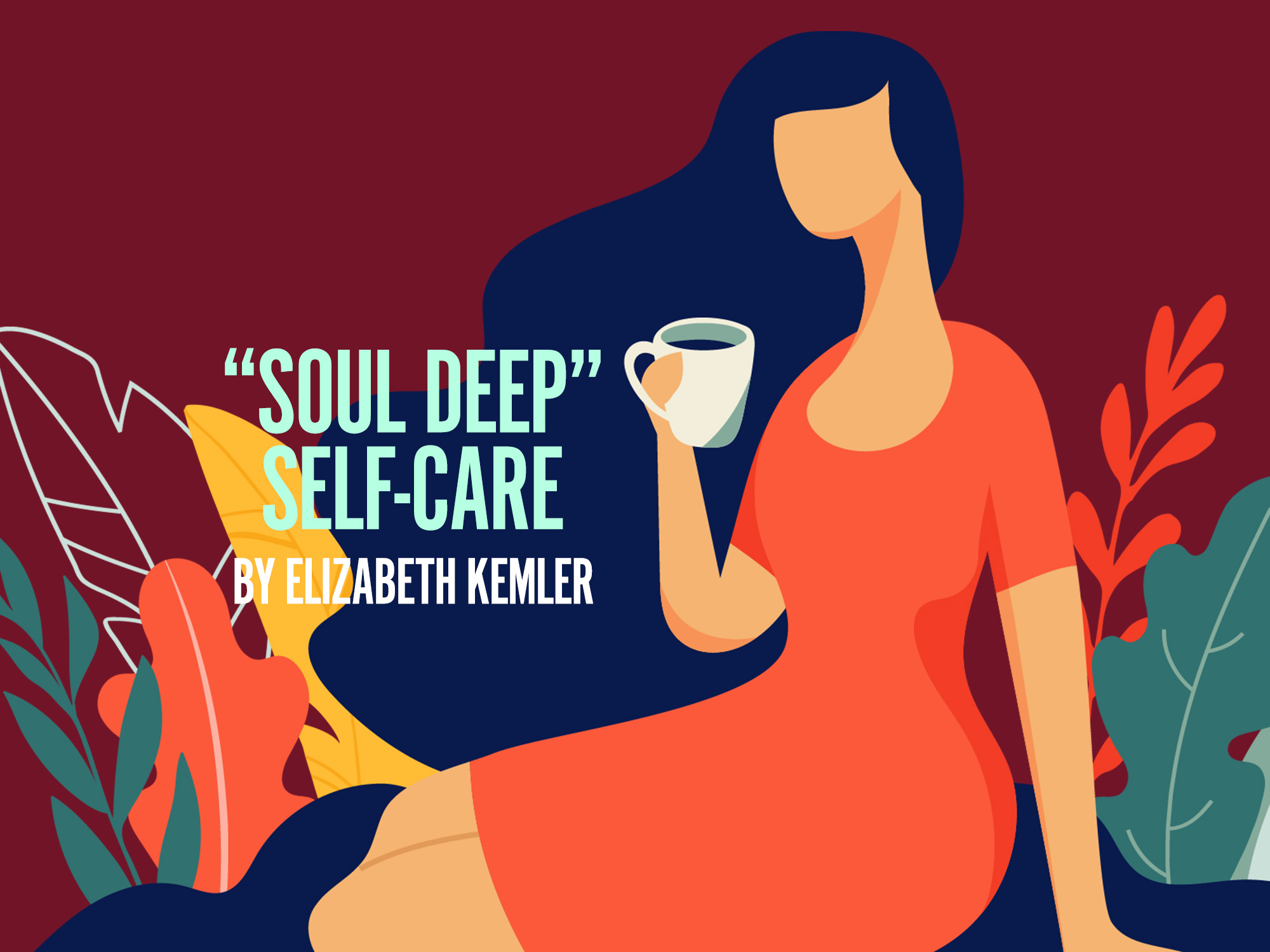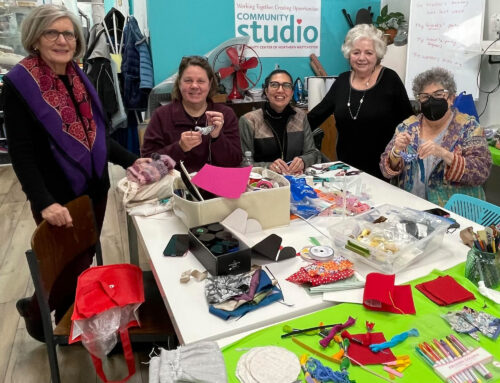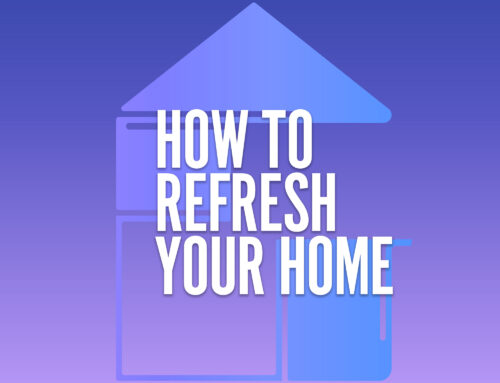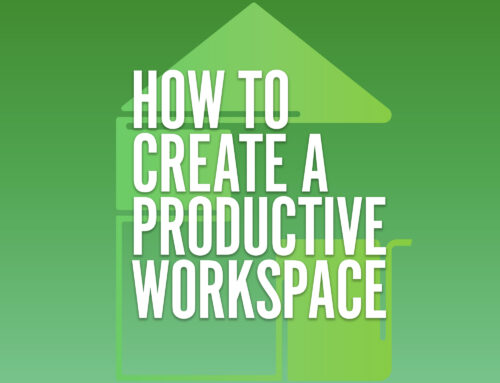The term self-care gets bandied about quite a bit these days – here’s what you need to do before you can take care of yourself properly
For many people “self-care” brings to mind the image of candlelit baths and aromatherapy massages. And while those are two stellar ways of caring for yourself, if you’re dealing with any kind of mental health challenge, or just excess stress, expecting those things alone to make a significant difference in your mental state is usually disappointing.
Now most of us are at least decent caretakers of other people, but when it comes to ourselves, how often do we know what kind of support we need, and how often do we actually prioritize getting that support?
It’s just so easy to put it off with some version of “I’ll be fine. I just need get everything worked out with this situation (isn’t there always a situation?!), then I can focus on what’s going on with me.” Instead, ask yourself: “How can I care for myself with the same kind of commitment and consistency that I care for my child and/or spouse, and what does that look like?”
Of course, there are the self-care basics: enough restful sleep, exercise, healthy food, outdoor time and sunlight. But I’ve found that there is another deeper level of ‘basics’ that make up what I call soul-deep self-care.
Soul-Deep Self-Care: The Only “Self-Care” That Really Works
Soul-deep self-care is support, nurturing and guidance based on an understanding of what we need most: a belief in our ability to help ourselves, and the tools and resources to do that.
It comes from our inner wisdom, strength and determination. The part of ourselves I call our inner ally. If you feel like you’ve lost touch with your own inner ally, or perhaps never known it, it’s in there and awaiting direction!
To find your inner ally, you must be:
Informed
Understand what has a negative impact on your state of mind and identify potential causes.
This can help you recognize:
- You’re not defective or weak.
- You didn’t create your symptoms.
- You’re not alone in your experience.
When you’re informed, you can better target your healing approach and promote the kind of self-acceptance you really need for true mental and emotional well-being.
Confident
To improve your mental and emotional health, you need to believe that improvement is possible.
And not just possible in general, but possible for you specifically. You need proof that your mental health symptoms can be alleviated, and that you can make that happen. The more affirming you are, the more compassionate and trusting your relationship with yourself will be.
Empowered
Once you have the essential information, and know you can self-heal, you’re ready to incorporate some targeted tools into your daily life.
These tools will regulate your nervous system and elevate your mood. When you’re battling any mental health symptoms (even just situational anxiety or depression), motivating yourself can be particularly hard. But these tools are simple and straightforward while having maximum impact.
Once you’ve found your inner ally and are feeling more informed, confident and empowered, you can begin to take care of yourself in a way that will truly improve your life. To learn how to do that, click here.

Elizabeth Kemler
Elizabeth Kemler is a seasoned curriculum designer, social entrepreneur, performer and mental health advocate. She has 25 years of experience supporting the development of clients’ communication skills, social-emotional competence, and mental health through dynamic programming, courses and wellness-based goods and services.
You can find Elizabeth's mental wellness courses here and visit her shop here.









